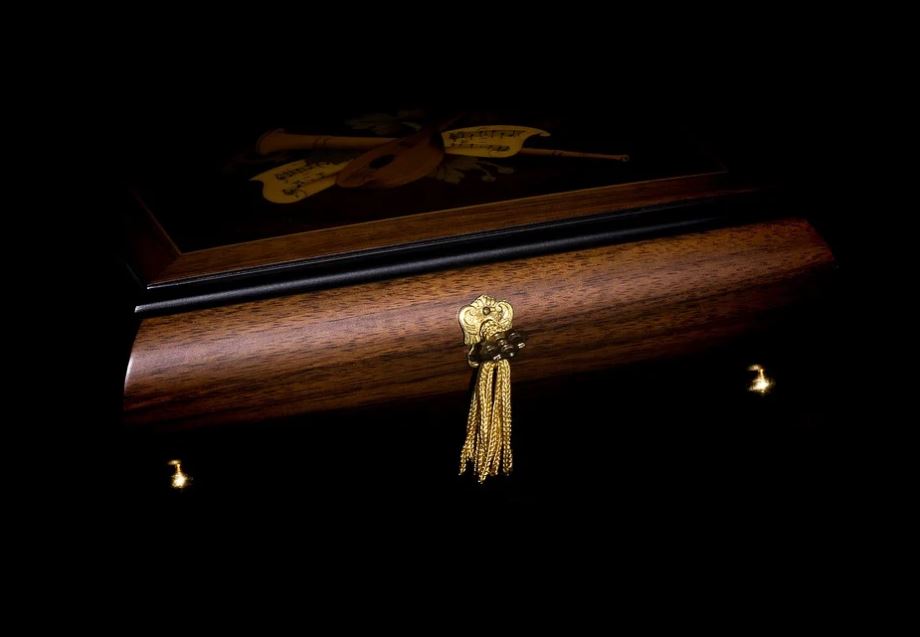Protecting Your Deceased Loved One’s Identity


As funerals are being held at funeral homes, cyber thieves are scouring the digital landscape looking for identities that that can steal and use to commit, usually, financial fraud. Ghosting, which most people associate with someone close to them just disappearing digitally from their lives, is also the term used to describe identity theft of someone who has died.
If you don’t take action quickly to protect your deceased loved one’s identity, these cyber thieves may steal it and do great harm before you ever know anything about it. Here are some steps you can take.
Limit the information you provide in your deceased loved one’s obituary. Do not provide home addresses (use the city and state only) and do not provide their date of birth (give their age only). If your deceased loved one had a maiden name, do not include it in the obituary. Apply these same guidelines to information about surviving family members.
After procuring death certificates from your funeral director, send copies of the death certificate to each of the major credit bureaus (Experian, TransUnion, and Equifax) and request that they label your deceased loved one’s account as “closed: account holder is deceased” or to flag your deceased love one’s credit report with a deceased alert.
The reason that you want to do this is to prevent cyber thieves from opening new credit accounts in your deceased loved one’s name.
If you are the executor of your loved one’s estate, request a copy of their credit report. This will give you a list of creditors that you need to contact about your loved one’s death, and it will show you if any fraudulent activity has already occurred.
You can get more information on how to request your loved one’s credit report at the Identity Theft Resource Center.
Check your deceased loved one’s credit reports every few months. You should see all the credit accounts closed and a “deceased” label on the credit report. If you see any requests for new credit accounts, you should contact the credit companies immediately because your loved one’s identity may have been stolen.
Send a death certificate to each of your deceased loved one’s financial accounts (banks, investments, retirement, mortgages, loans, and credit card companies), and ask that every account be labeled as “closed/deceased.”
If some of the accounts are held jointly or are given to a beneficiary after your loved one’s death, be sure that your deceased loved one’s name is removed from them. You should receive notification from all the financial accounts that your loved one’s name has been taken off of the accounts or the accounts have been closed.
Contact the Social Security Administration at 1-800-772-1213 as soon as possible after your loved one’s death (the funeral home may do this for you, so be sure to ask them whether they will take care of it or you need to).
Notify the Department of Motor Vehicles to have your loved one’s driver’s license cancelled.

Finally, report your loved one’s death to the IRS. Even if you are filing a final tax return (which could take some time), you need to contact them so someone can’t file a fraudulent tax return in your deceased one’s name.
If you need resources to prevent identity theft after funerals at funeral homes, our empathetic and knowledgeable staff at Hopler & Eschbach Funeral Home can assist you.



